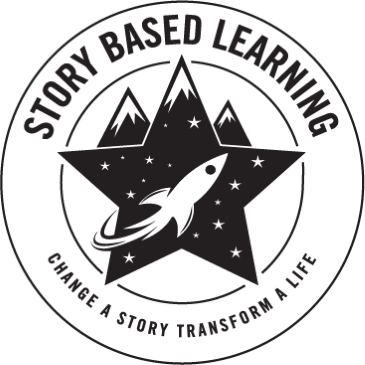
25 Jan The Questioner – Nine Types Of Learners
Meet Quentin and Quinn.
Sociable and skeptical, thoughtful and concerned.
Questioners approach the world from a place of doubt, continually scanning their environment for threats or clues that things may not be as they seem. They make loyal friends but can often become lost in their own preconceptions, reacting to an internal fear of rejection.
Learning Style
Because of their naturally cautious approach to life, Questioners thrive when they can attack questions head on, delving deeply into knowledge to allay their concerns and provide an illusion of control.
Quentin and Quinn are good at finding patterns, in reducing complex information down and distilling the essence. They start by observing, then move into action later. If they stay too long in the observation state, anxiety will bloom.
Procrastination can be a problem for these students (which is linked to self-doubt and uncertainty), although it may present in obscure ways such as investing their time into superficial tasks rather than attacking the key project head on.
When Questioners feel safe and they trust authority figures they will be hard-working, responsible and committed. If they become skeptical or feel that there is a reason not to put their trust in someone, however, they will become obstinate, rebellious and obstructive.
Environment
To a Questioner, the world can be a terrifying place, but this can be helped by the provision of a safe, secure and structured learning environment. These factors allow the students to relax into a grounding of safety and act from a place of strength.
Quinn and Quentin feel discomfort in being praised or criticised publicly. Success can be daunting to them as it feels like farther from which to fall. Encouragement or concern should be delivered privately in a caring manner. They may find it difficult to speak in front of others.
These students will be motivated towards self-mastery if they are released well and not overly managed. Creativity and cooperation are key strengths that they can access if they feel secure in their place within the classroom.
Tips
If you have a Quinn or a Quentin in your life, you can help them in the following ways:
- Learn to value the Questioner’s constant scanning as a way of trying to keep loved ones safe. Instead of disregarding their concerns, thank them for their motives. Understand that their anger (which they are often afraid to express) is a marker of anxiety.
- Help them to trust and have faith in people. If they begin to question the motives of those around them, help them separate mental fears from real danger rather than react to situations that haven’t happened.
- Understand that certainty is very important to Quinn and Quentin. They need to know – whether the news is good or bad it doesn’t matter, the ‘not knowing’ is the paralysing part.
- Be trustworthy. If you say you will do something, do it. Provide a grounding of steadfastness for the Questioners to spring from.
- Help them realise that they are stronger than they think and that they can access their bravery at any time by choosing to act despite uncertainty.
Questioners have such a gift to bring to the world when they are released to move through anxiety into action. With incredible strengths such as loyalty, skepticism, wit, teamwork, preparation and protectiveness, they embrace those around them and attempt to construct invisible walls of safety for their loved ones. When these gifts are honoured and appreciated, they can tap into a sense of courage that defies the odds.
This category of learner has been based upon Type 6 of the Enneagram (or ‘The Questioner’). If you wish to delve more deeply into the psychology of the Enneagram, follow the links above.
As the journey of self discovery is one best enjoyed by each individual, we suggest that you use this as an internal guide for yourself, rather than telling your children which type you think they might be. We do understand that each person is utterly unique and there will be variations within each type, but we have found this typology the most helpful for getting a basic understanding of human behaviour and motivation.
Missed out on any of our previous articles? Check them out here:



No Comments